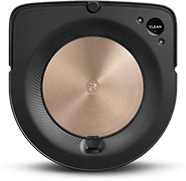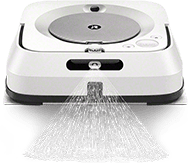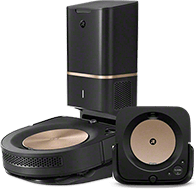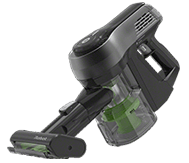Are Ozone Air Purifiers Safe? Air Purifiers To Avoid
The right air purifier can remove pollutants and make a big difference in the air quality in your home. But, is there such a thing as the wrong air purifier? Turns out there is…
The EPA has warned that ozone-generating air purifiers are not a safe option for indoor use. Let’s take a closer look at why ozone purifiers are problematic.
What Is an Ozone Air Purifier?
An ozone air purifier is a type of purifier that converts oxygen (O2) into ozone(O3) in order to destroy contaminants in the air.
Isn’t ozone a good thing?
In its proper place in the stratosphere, ozone provides important protection against the harmful UV radiation of the sun. But, on the ground level (or in air purifiers), ozone has been classified as an air pollutant by the EPA.
What are the best alternatives to ozone generator air purifiers?
There are a number of different types of air purifiers that don’t use ozone. Here are some options to consider.
HEPA: HEPA stands for High Efficiency Particulate Air. In order to meet HEPA standards, a filter must be able to remove 99.97% of particles in the air that are .3 microns or larger. HEPA air purifiers are very effective at trapping airborne particles, but they don’t remove odors, chemicals or gases.
Activated Carbon Technology: Activated carbon filters are made up of highly absorbent molecular-sized pores that capture and hold on to pollutants like chemical emissions, gases, tobacco smoke, and odors. They are especially effective at absorbing formaldehyde, which is found in carpet, wood, and furniture upholstery.
Ionizer Air Purifiers: Ionizing air cleaners work by creating ions – positively or negatively charged molecules. Air goes into the purifier where it passes through an electric field that either adds or takes away an electron from the particles passing through. The technology sounds advanced, however, not only do ionizers not work very well outside of very small spaces, they also produce small amounts of ozone.
Combination HEPA and Activated Carbon: Air purifiers that combine both HEPA filters and activated carbon technology are able to remove airborne particles, while also filtering out many types of gases and unpleasant odors. These purifiers provide the most advanced air purifying technology without the harmful effects of ozone.
The Bottom Line…
Whatever air purifier you’re considering, make sure to look past marketing claims and do your research. Understanding the science behind purifiers will ensure you make the right choice.
This post was originally published on April 10, 2020, and was last edited on September 26, 2021.




